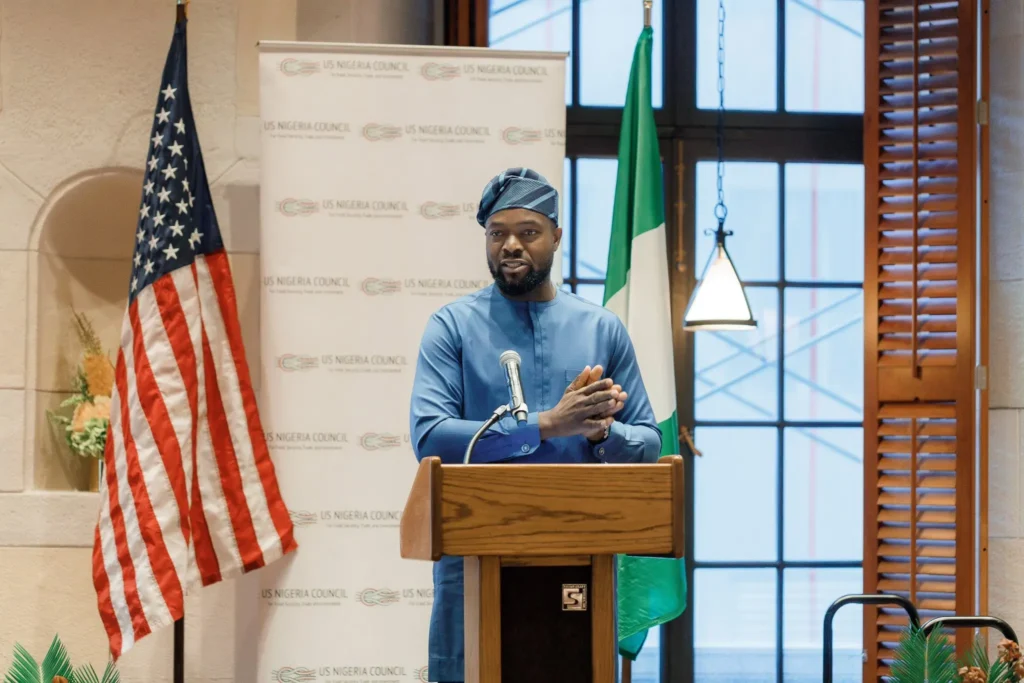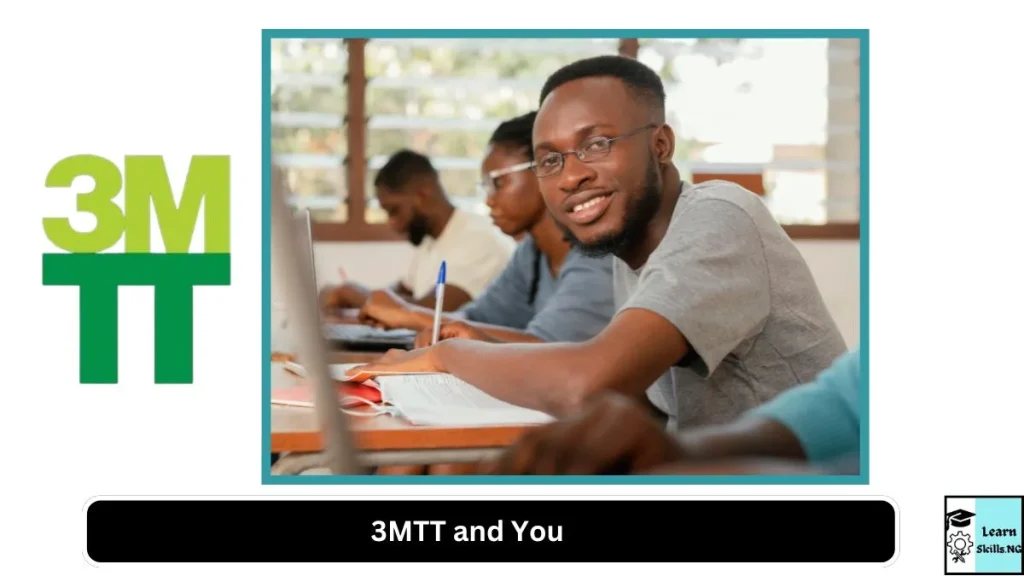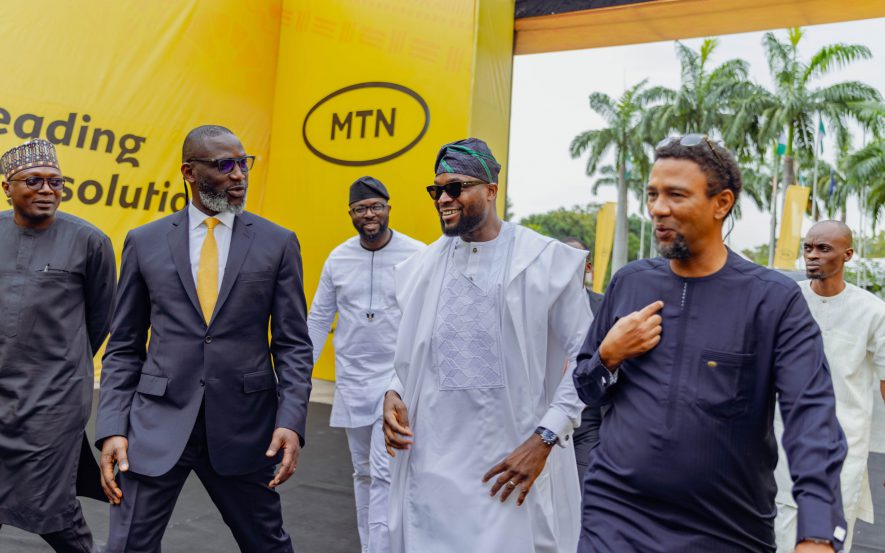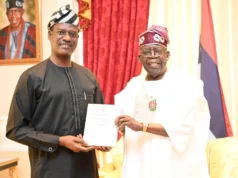Nigeria’s flagship 3 Million Technical Talent (3MTT) initiative—a central pillar of President Bola Tinubu’s “Renewed Hope Agenda”—is accelerating its rollout of AI and digital skills training. First launched in October 2023 under the Federal Ministry of Communications, Innovation & Digital Economy and implemented by NITDA, this nationwide initiative aims to empower three million Nigerians with future-proof tech capabilities by 2027.
Table of Contents

From Pilot to Nationwide Reach
The programme is navigating a structured, phased rollout. Phase One recruited 30,000 fellows across Nigeria’s 36 states and the Federal Capital Territory, concluding its first three-month cohort in early 2024. With notable success—including an overshoot of targets with 31,270 trainees—Phase Two commenced in August 2024. This phase encompasses three cohorts of 60,000, 90,000, and 120,000 fellows, ultimately training 270,000 participants. Meanwhile, pilot efforts have attracted over 1.8 million applications, endorsing the initiative’s vast appeal.
Hybrid Learning Model: Online Meets In‑Person
A key strength of 3MTT is its hybrid approach. Fellows begin with self-paced modules via global MOOC platforms—such as Coursera and IHS Academy—then continue with hands-on sessions at Applied Learning Clusters (ALCs), located in over 120 universities, tech hubs, and NGOs nationwide. These ALCs provide practical engagement, peer collaboration, and mentorship from seasoned trainers.
Take the cybersecurity track: participants tackled foundational concepts online, followed by immersive, interactive sessions at a Cisco Networking Academy in Kano. As Cohort One alumnus Obi Confidence from Abuja noted:
“You don’t expect them to impart everything in 12 weeks. 3MTT gave me the basics, and I’d like to explore more.”
This sentiment reflects the programme’s role as a launchpad—not a finishing school. Fellows leave with fundamental skills and a roadmap for ongoing learning.
Scaling Impact Amid Challenges
The 3MTT’s “1‑10‑100” structure—starting with 30,000 (1%), scaling to 300,000 (10%), then 3 million (100%)—reflects a deliberate design to scale up wisely .Experts note the financial scale: training 3 million fellows over four years could cost around US$30 million—comparing to the Federal Ministry’s ₦28.5 billion (about US$17 million) 2024 budget.
Yet scaling hasn’t been seamless. Reports have surfaced of delayed payments to training partners. In Akwa Ibom, one provider shared that ALC invoices remained unpaid for months before Cohort Two began. Other issues include dropout rates in regions like Katsina, citing low digital literacy and community scepticism.
Fellow Dipo Oguntayo, writing on LinkedIn, emphasised stronger selection criteria, consistent partner funding, and ongoing certification, laying a path toward a higher quality pipeline.

Strengthening Nigeria’s Tech Backbone
Beyond upskilling, 3MTT is positioning Nigeria as a global tech talent export hub. Its curriculum features sought-after disciplines—Artificial Intelligence, Cybersecurity, Data Analytics, Cloud Computing, Software Engineering, UI/UX Design, Product Management, and Game Development. A closely aligned partner, MTN Nigeria, has committed ₦3 billion to support this vision—funding scholarships, data grants, Raspberry Pi kits, and infrastructure for over 90,000 early participants through 197 ALCs.
MTN’s pillars include:
- ₦1.45 billion allocated for tuition grants
- ₦1.5 billion in data grants for connectivity
- ₦50 million to supply Raspberry Pi kits, benefiting 3,500 secondary-school innovators.
Hon. Minister Dr. Bosun Tijani praised MTN’s backing, calling it “vital to making opportunity driven by skill, inclusion, and shared purpose.” MTN’s CEO, Karl Olutokun‑Toriola, reiterated that digital fluency is “the bedrock of innovation, employment, and economic inclusion”, laying a base for Nigeria to become a “net talent exporter.”
AI Integration: A Strategic Edge
3MTT has explicitly woven AI into its curriculum. As AI reshapes global outsourcing—automating routine tasks like basic coding and customer service—Nigeria is adapting by training fellows in advanced digital skills including AI, machine learning, and cybersecurity. This repositioning nudges Nigerian talent toward value-driven work in AI consulting and automation, meeting global market demands.
Nigeria’s outsourcing market is projected to nearly double from $980 million (2023) to US$1.8 billion by 2028. But immigration uncertainty in traditional markets—like the US and UK—requires a different strategy. Rather than focusing solely on overseas placement, Nigeria is creating local outsourcing hubs through initiatives like the Nigeria Talent Cities, which aims to generate half a million outsourcing jobs domestically by 2027.
Building the Talent Cities: A Tech Ecosystem
Complementing 3MTT, the Nigeria Talent Cities Initiative seeks to build physical campuses that foster outsourcing, innovation, and job creation at scale. As Phase Two begins (Q2 2025), these hubs offer infrastructure and engagement platforms where digital talent can connect with global clients—all without leaving home.
Quality vs. Quantity: Ongoing Refinements
Evaluations remain mixed:
- Cohort One fellows appreciate the foundational exposure, but many require follow-up mentorship, practical project work, and polishing via internships.
- Employers express concerns that hybrid programmes lack the depth for immediate hiring, leading to additional internal training ©turn0search6turn0search13.
- Training partners cite inconsistent funding and logistical bottlenecks—delays that hinder consistent delivery.
Experts, including Dipo Oguntayo, advocate for:
- Tiered qualification: Tiering cohorts based on previous digital literacy
- Partner oversight: Strengthened vetting and certification of ALCs
- Formal certificates: Credentials to improve employment recognition
- Feedback systems: Regular learner satisfaction, dropout analysis, and market-aligned curriculum refinement.
Socio‑economic Impact
If fully realized, 3MTT can be a national game-changer. With youth unemployment near 33%, digital upskilling becomes a lever to reduce poverty, drive inclusion, and foster innovation. Tech services now contribute nearly 20% of GDP (Q2 2024), up from 14% in 2020. The government’s ambition is to take this to over 22% by 2027.
Bolstered by private sector investments like MTN’s ₦3 billion and strategic partnerships with Google, Coursera, and Cisco, 3MTT brings together public and private planning to nurture a future-ready workforce.
Global Context: Nigeria Joins the Upskilling Race
Globally, nations are racing to upskill their workforces:
- South Africa will train 1 million in AI and cybersecurity by 2026 through Microsoft’s “AI Tour.”
- India’s Uttar Pradesh launched the “AI Pragya” scheme to train 1 million citizens in AI, ML, and data science.
Nigeria’s 3MTT initiative aligns with these high-impact models, affirming metrics such as scale, public–private coordination, and AI upskilling.
What’s Next?
- Phase Two continues with 270,000 trainees across multiple cohorts throughout 2025.
- SCALABILITY: Phase Three targets one million fellows via six sub-cohorts, leading to the final rollout aimed at full completion by 2027.
- Talent Cities launch across strategic states, fostering outsourcing ecosystems and embedding 500,000 domestic job opportunities by 2027.
- Monitoring & Improvement: Expect upgrades to partner vetting, stipend punctuality, graduation certification, and job placement support.

Conclusion
The 3 Million Technical Talent programme AI digital skills initiative stands at the intersection of education, technology, and economic development. Its hybrid delivery model, AI integration, and public–private partnerships offer a compelling blueprint for national skilling schemes.
For Nigeria to succeed, governance needs to remain agile: enforceable quality control, aligned incentives for partners, and ecosystem-wide support through internships and certifications. If these levers align, the result could be a formidable Nigerian tech ecosystem—empowering its youth, boosting GDP, and exporting talent globally.
Join Our Social Media Channels:
WhatsApp: NaijaEyes
Facebook: NaijaEyes
Twitter: NaijaEyes
Instagram: NaijaEyes
TikTok: NaijaEyes





